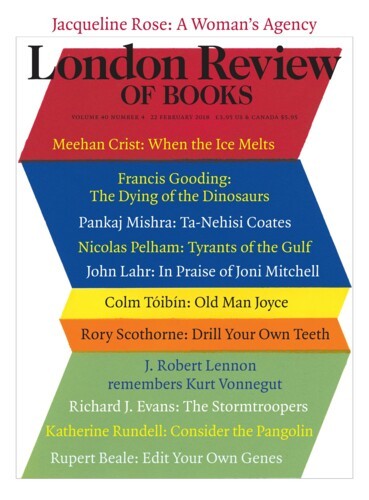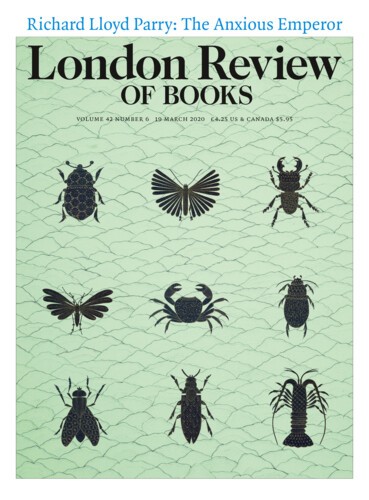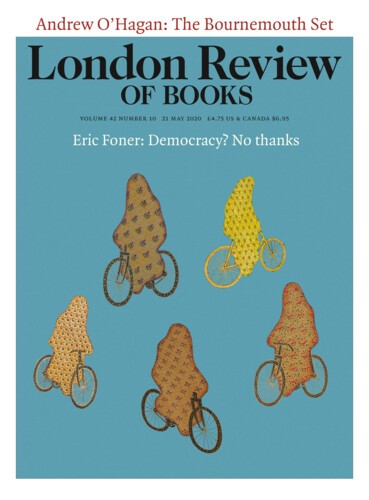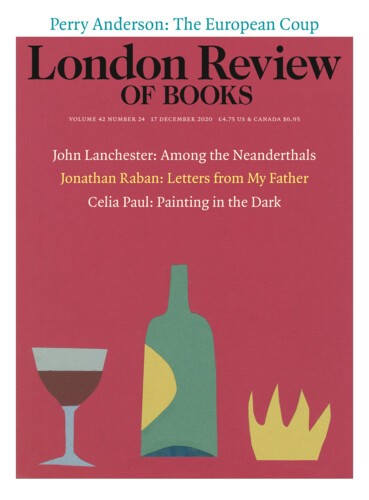Diary: Edit Your Own Genes
Rupert Beale, 22 February 2018
The business of science is intensely frustrating. Most experiments fail, most great ideas come to nothing, and most genuine discoveries turn out to be of modest importance. Years of effort can easily be wasted on what turns out to be a mirage. In biology, we usually fail for the dullest of reasons: a test wasn’t as specific as we thought, a wondrous result proved to be a simple...





